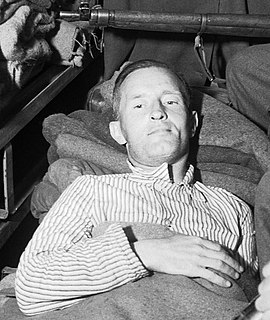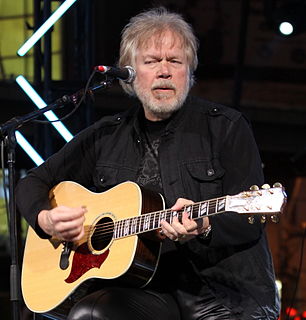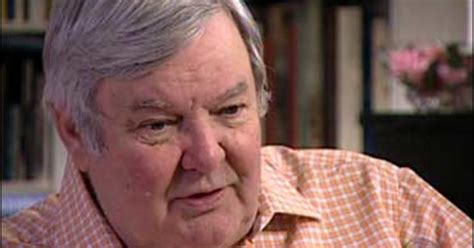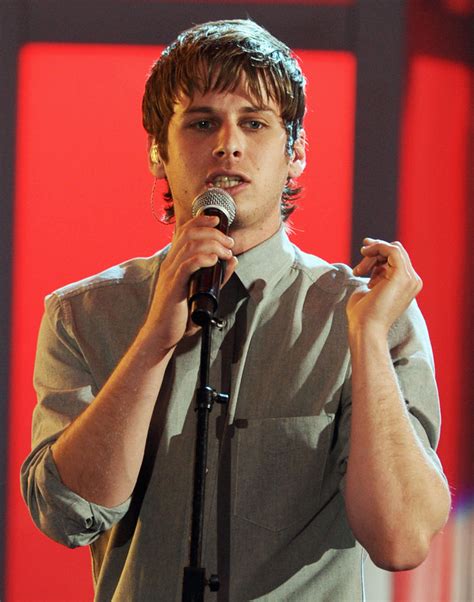A Quote by Rachel Maddow
Britons still commemorate the Battle of Cable Street in London. There are still pop songs in Britain that reference Sir Oswald Mosley and his black shirts.
Related Quotes
Famously in 1936, Oswald Mosley led a march of his British black shirts through a mostly Jewish neighborhood, in the east end of London. What resulted was what they called the "Battle of Cable Street", where Oswald Mosley and his fascists basically got the snot beaten out of them when East London rose up against them and beat them up.
The British Union of Fascists, Oswald Mosley`s group, the black shirts, they were banned in Britain in 1940. And Max Mosley`s dad, Sir Oswald Mosley, ended up spending three years in World War II, 1940 to 1943, interned in the U.K. as basically an enemy of the state. He spent that time in prison, as did Max Mosley`s mother.
Sir Oswald Mosley thought his job is not just keep Britain from going to war with his beloved Germany, he saw it as his job to organize a complementary fascist movement inside the U.K. So, he formed this organization as the British Union of Fascists in `32. In 1936, they changed their name to the British Union of Fascists and National Socialists
When I pull into a city and I rent a car and it's Nashville, or it's London, or I'm driving in the taxi to the hotel, and on comes one of my songs, it's like, 'Oh my God, they're still playing these songs on the radio.' And you still feel tearful and very grateful that somebody still likes these songs that you made up.
Oswald Mosley`s movement, it was a big movement. It was obviously anti-immigrant, anti-Semitic, it was populist. Mosley wanted to replace the parliamentary system of government in Britain with a government that was based on business interests, that was based on the idea that business interests were the real interests of that country and business interests.
and reorganizing the government to serve business interests, that would be a way to get stuff done faster and more efficiently.
Where did Keynes stand on overt fascism? From the scattered information now available, it should come as no surprise that Keynes was an enthusiastic advocate of the 'enterprising spirit' of Sir Oswald Mosley, the founder and leader of British fascism, in calling for a comprehensive 'national economic plan' in late 1930.
Oh, Jeeves,' I said; 'about that check suit.' Yes, sir?' Is it really a frost?' A trifle too bizarre, sir, in my opinion.' But lots of fellows have asked me who my tailor is.' Doubtless in order to avoid him, sir.' He's supposed to be one of the best men in London.' I am saying nothing against his moral character, sir.




























